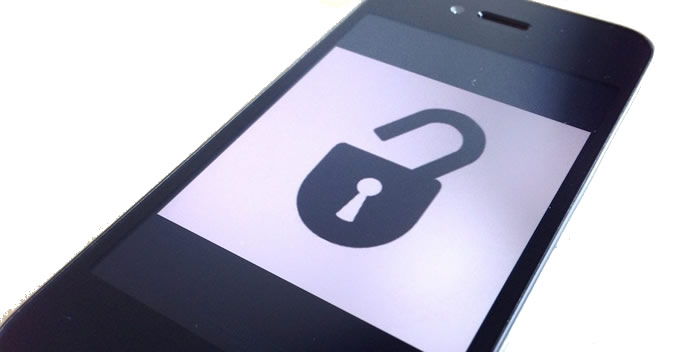
Way back in March 2020 – what month is it now? – I said that lockdown would be a challenge for all. Obviously. Now, so many months later – what year is it now? – it is clear that has challenged all.
Personally, I see two massive rifts: the physical and the digital.
In the former category are the traditional banks or, as we like to call them in a derogatory way, The Incumbents.
The Incumbents.
Sounds like a movie title that would sit alongside The Expendables.
The Incumbents.
Some incumbents were ready, and some were not, and it varies by country. My friends across Europe tell me how the incumbents have dealt with this well. Unfortunately, I have a British bank account who dealt with this very badly. There were those who were ready and those who were not.
Then there is the FinTech community. Most of the FinTech community were ready. I always roll back to the idea that the lockdown demanded a business model built for the internet. Most FinTech have that business model whilst most incumbents do not.
Nevertheless, there were those FinTech who were well funded and those who were not; there were those FinTech who had a great idea and those who had a me-too idea; there were those FinTech’s who had their structures ready for everything remote and a few who were not.
The trouble is that this picture is not right. It’s distorted. It’s not incumbents versus FinTechs; old guys versus young guys; traditional versus digital; incumbent versus start-up. It’s really about firms that understand the internet and firms that do not.
There are start-up FinTech firms that don’t understand the internet properly. Many have failed already but don’t assume that, just because they are new, that they have the shiny prize. The shiny prize is not something that is given. It has to be earned. And, hard as it is to hear, start-ups have nothing. They have no customers, no history, no background, no trust. They have to earn it. And that’s hard.
It’s even harder because they have to earn it against the people who already have it. The incumbents, for all of the stone-throwing, have history, have brand, have recognition, have trust. That takes time to earn and can be lost in a second.
Nevertheless, going back to my opening point, the world will change a lot after the great unlockdown. The great unlock. The UNlock.
I blog here and consume news 24*7 about the world under lockdown. What will happen when we unlock?
…
…
…
I’ve paused here as I want to think about that question: What will happen when we unlock?
…
…
…
Do you think people will stay with the companies they’ve been with during the lockdown? Are they staying with the incumbent because the incumbent is the best? Have they switched to a start-up because they want the start-up services now … or later?
There’s going to be an amazing and fascinating trend in 2021 or 2022, dependent upon when the eh Great Unlock happens but, when it happens, I wholeheartedly expect a massive switching phase around the world. People who have been disillusioned by the incumbent who wasn’t ready or the start-up that couldn’t service effectively will switch en masse to those that could. They won’t do it now, because it’s a nerve-wracking experience switching bank when you can’t leave the house, but they will do it big time when things get back to the new normal, whatever that is.
Brace yourself for the Great Unlock.
Chris M Skinner
Chris Skinner is best known as an independent commentator on the financial markets through his blog, TheFinanser.com, as author of the bestselling book Digital Bank, and Chair of the European networking forum the Financial Services Club. He has been voted one of the most influential people in banking by The Financial Brand (as well as one of the best blogs), a FinTech Titan (Next Bank), one of the Fintech Leaders you need to follow (City AM, Deluxe and Jax Finance), as well as one of the Top 40 most influential people in financial technology by the Wall Street Journal's Financial News. To learn more click here...

